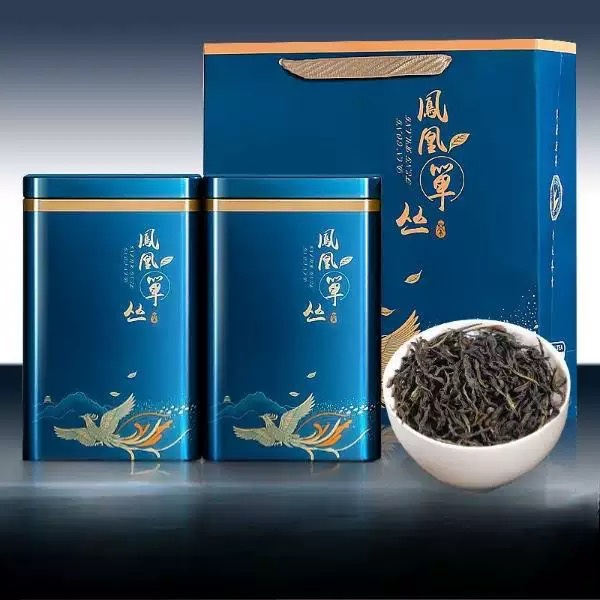Storing Oolong Tea: Best Practices for Freshness and Flavor

# Storing Oolong Tea: Best Practices for Freshness and Flavor
Introduction
Oolong tea is a semi-oxidized tea that offers a unique balance between green and black teas. Its complex flavors and aromas can be preserved for a long time if stored properly. Whether you’re a casual drinker or a tea connoisseur, understanding how to store oolong tea correctly will ensure you enjoy its full potential.
Why Proper Storage Matters
Oolong tea is sensitive to light, air, moisture, and strong odors. Improper storage can lead to loss of flavor, aroma, and even spoilage. By following the right storage techniques, you can maintain the tea’s freshness and extend its shelf life.
Best Practices for Storing Oolong Tea
1. Use Airtight Containers
Exposure to air can cause oxidation, which degrades the tea’s quality. Store oolong tea in an airtight container, preferably made of ceramic, tin, or opaque glass. Avoid plastic containers as they may absorb odors and affect the tea’s taste.
2. Keep Away from Light
Light, especially sunlight, can break down the tea’s compounds and alter its flavor. Store your tea in a dark place or use an opaque container to block out light.
3. Control Humidity and Temperature
Moisture is the enemy of tea. Store oolong tea in a cool, dry place with stable temperatures. Avoid storing it in the refrigerator unless it’s specifically designed for tea storage, as condensation can introduce moisture.
4. Avoid Strong Odors
Tea easily absorbs surrounding smells. Keep your oolong tea away from spices, coffee, or other strong-smelling items to prevent flavor contamination.
5. Consider Vacuum Sealing
For long-term storage, vacuum sealing can be an excellent option. This method removes air and creates an optimal environment for preserving the tea’s freshness.
How Long Can You Store Oolong Tea?
Properly stored oolong tea can maintain its quality for:
- Lightly oxidized oolongs: 6-12 months
- Medium oxidized oolongs: 1-2 years
- Heavily oxidized/dark oolongs: 2-3 years or more
Note that while oolong tea doesn’t technically “expire,” its flavor will gradually diminish over time.
Special Considerations for Different Oolong Types
Green Oolongs (Light Oxidation)
These delicate teas require extra care. Store them in smaller quantities to minimize air exposure when opening the container.
Keyword: Storing Oolong Tea
Dark Oolongs (Heavy Oxidation)
These more robust teas can withstand slightly longer storage periods but still benefit from proper storage conditions.
Reviving Older Oolong Tea
If your oolong tea has lost some freshness, try these revival techniques:
- Briefly roast the leaves in a dry pan (for darker oolongs)
- Use slightly hotter water when brewing
- Increase steeping time by 10-15 seconds
Conclusion
Proper storage is key to enjoying oolong tea at its best. By following these simple guidelines, you can preserve the tea’s complex flavors and aromas for months